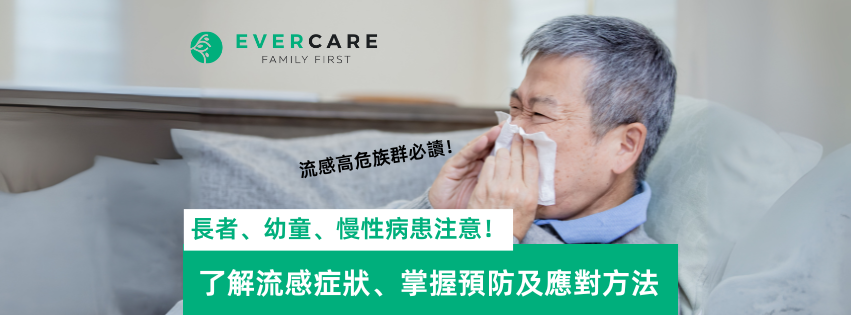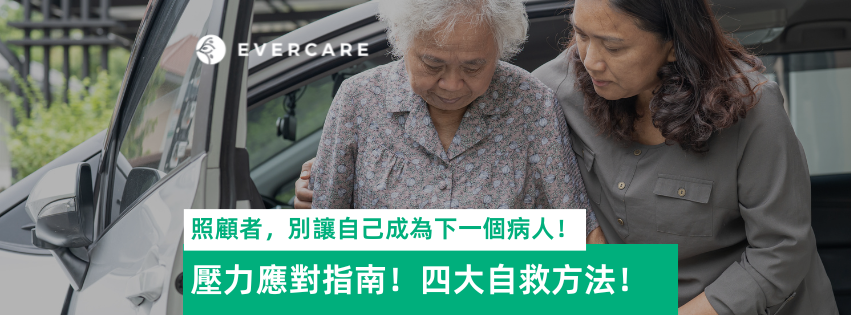This week, we had a one-of-a-kind interview with family caregiver Margaret. Read how she deals with the passing of her mother, the pain, the thoughts, and the technicalities that are so often left out of the conversation. Here, she shares her advice about how to cope with the loss of a family member.
After Margaret’s mother had a fall in 2010, Margaret became her primary caregiver, supporting her as she battled various health conditions. After her mother’s passing in 2019, Margaret and her family were met with an unexpected set of challenges. All of a sudden, Margaret had to deal with a gruelling array of bureaucratic tasks – closing bank accounts, applying for death certificates, planning a funeral – all while she was grieving a loss. Though she felt both sorrow and regret after her mother’s passing, she received valuable support and advice from Evercare’s nurses, which helped her with the process.
This interview has been edited for length and clarity.
1. How did you process your mother’s passing at first?
The day before my mother passed, I was going to take all my grandchildren to see her because she had gone into dialysis, but I was busy that night, so I ended up not taking them. She died the next morning, and of course the first thing I did was kick myself.
I kicked myself for not bringing them the night before, but I thought to myself, the woman had tubes coming out everywhere; that is not the picture I want my grandchildren to have. The picture I want them to have is of her a month before, at her granddaughter’s wedding.
2. What did you wish you had done before your mother passed?
I wish I had talked with my mother about what and how she wanted to leave us. We had to make a decision about whether we wanted to resuscitate her or not. This conversation is difficult to have, especially for Chinese people, as death and illness are the hardest subjects to have with loved ones. However, the discussion has to be done when the patient is still lucid.
You might also like:
3. From your own experience, what do family caregivers need to do when their loved one dies?
When a family member passes away, there are necessary after-death arrangements you need to make, and there are a few things you should prepare for:
- Identity card of the deceased
One of the things I was most grateful for was that one of my Evercare nurses told me to keep my mother’s ID. This is because I needed it to do all kinds of procedures and paperwork, whether it be registering the death at the Joint Office within 24 hours, terminating bank accounts, signing legal documents, or applying for death certificates.
- Death certificate copies
You will almost certainly need to apply for more than one copy of the death certificate to register the death with various companies, including banks, to stop any transactions on their accounts, mortgage company, and the tax department.
From my experience, family caregivers need to apply for at least three death certificate copies to make technicalities easier.
- Clean clothes to care for the body
It’s important to note that every hospital has a limited amount of space in the morgue; they might ask you to collect the body as soon as possible. Anticipate that you’ll have to get things going quite quickly. Be prepared, whether it be the clothes to dress the deceased with or something to clean the body.
If your loved one passed away in a hospital, you may consider engaging a licensed undertaker to arrange farewell service in the hospital. Most hospitals have farewell rooms for the relatives to hold simple memorial rites. Afterward, the body will be transported directly to a crematorium or cemetery for cremation or burial.
- Photos for the funeral
Lastly, I suggest preparing pictures for the funeral. Most people I know struggle to find a good photo with high resolution, one that is not so far away from what people recognise them as they are. I’d suggest family caregivers hire a photographer with the elderly in your family, have a casual family day so you can capture the best moments of your loved ones.
其他話題 Other Topics
最新的文章 Latest Posts

喜歡我們的文章嗎?
超過3,000位照顧者已經訂閱我們的資訊!訂閱我們的資訊,你可獲得免費護理工具、專家護理知識和同路人分享。立即訂閱,也可以隨時取消。請在此填寫你的姓名和電郵地址:

